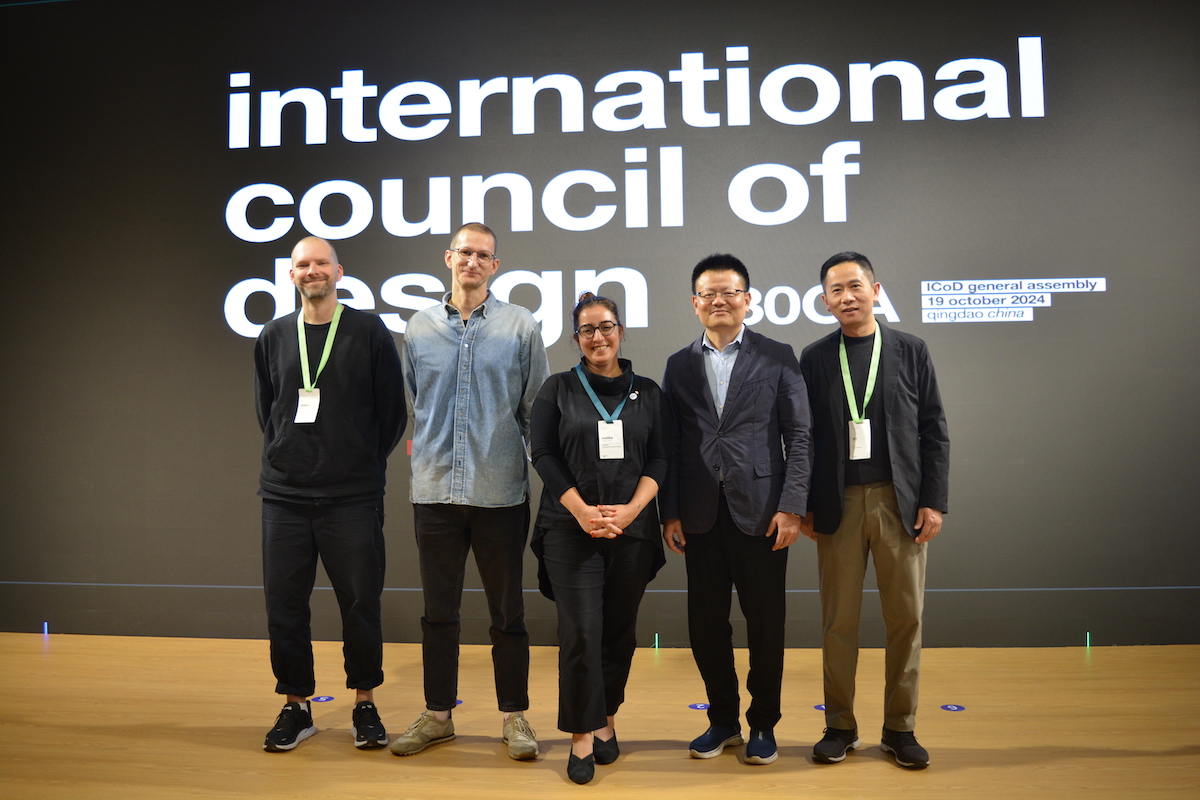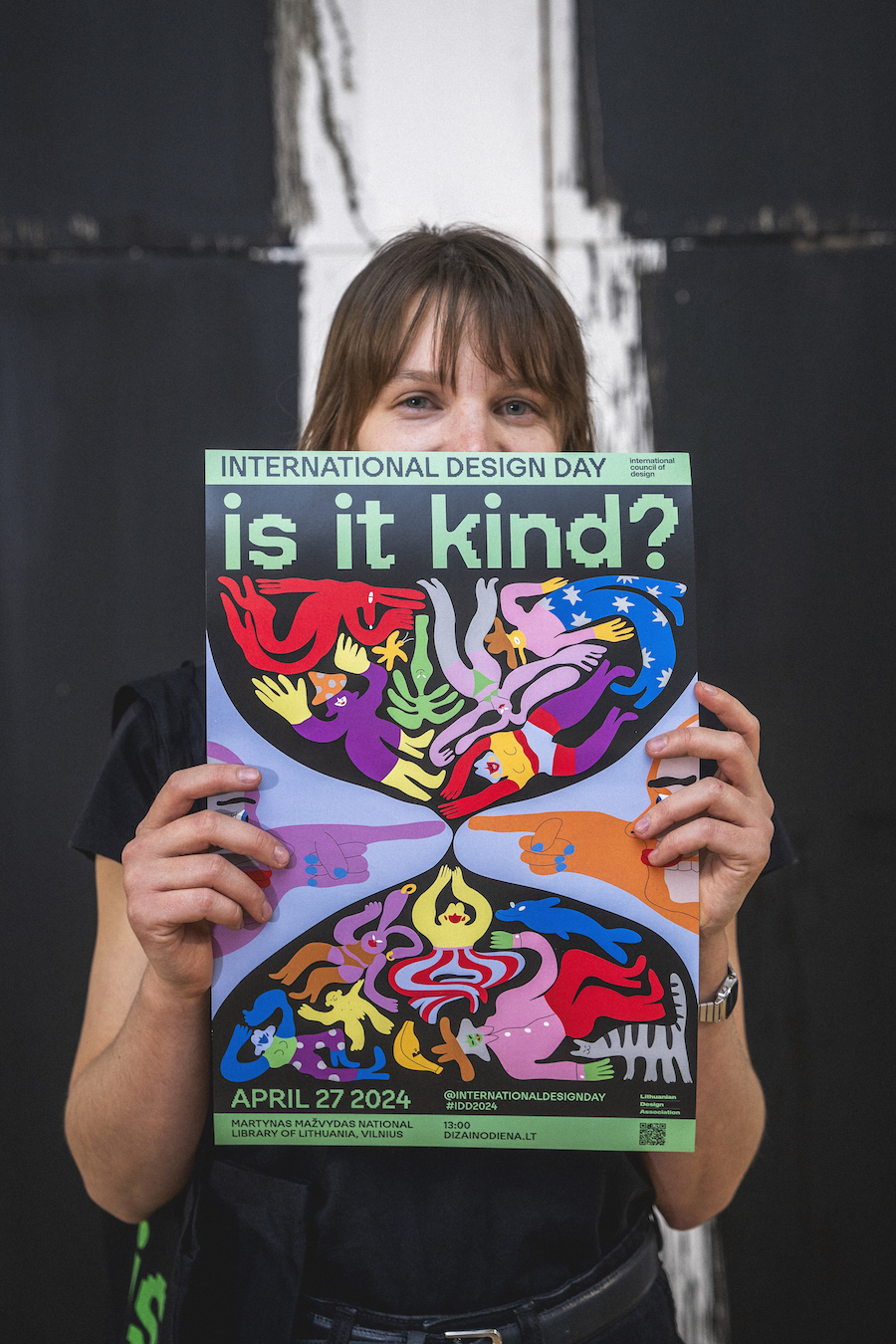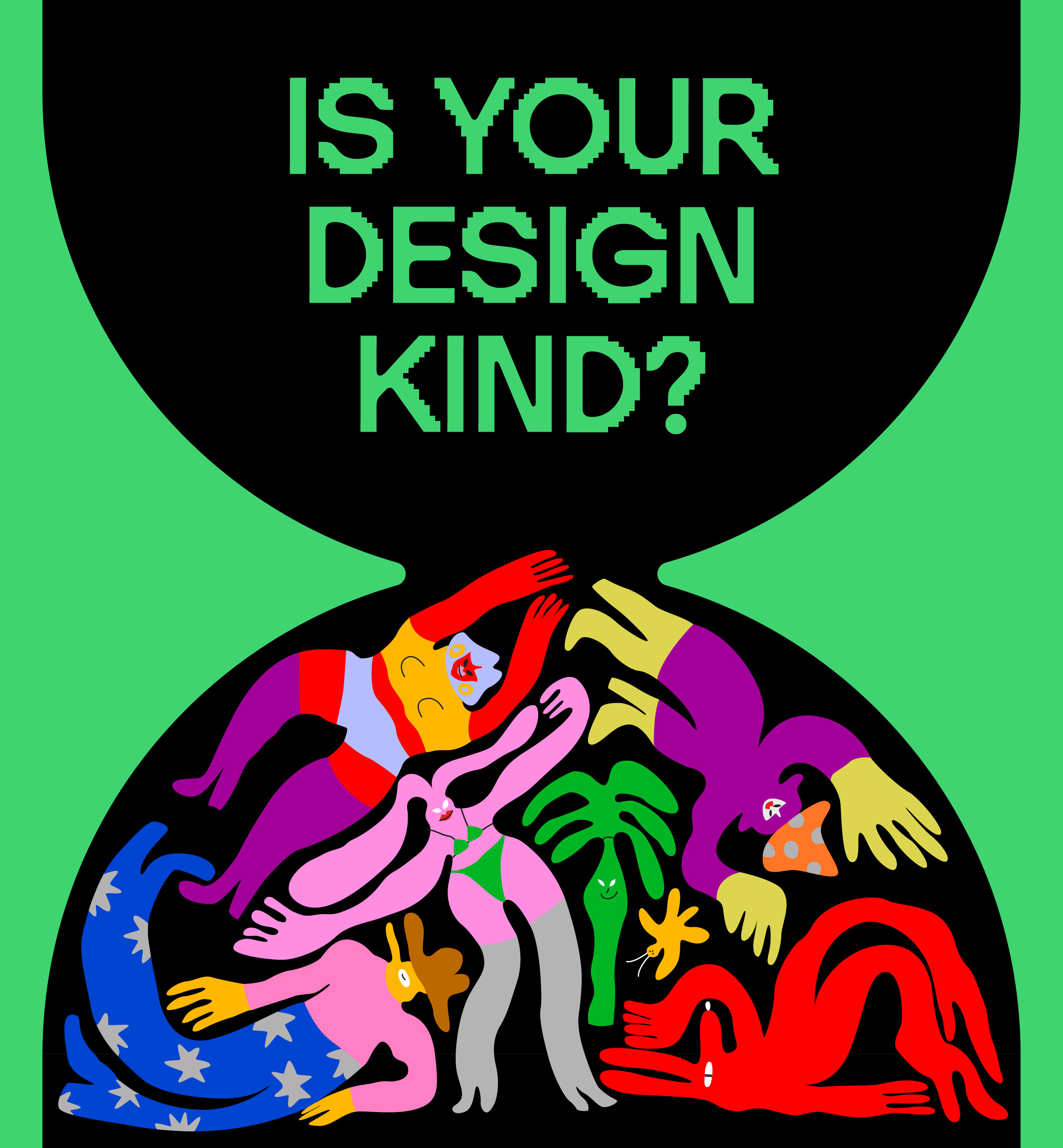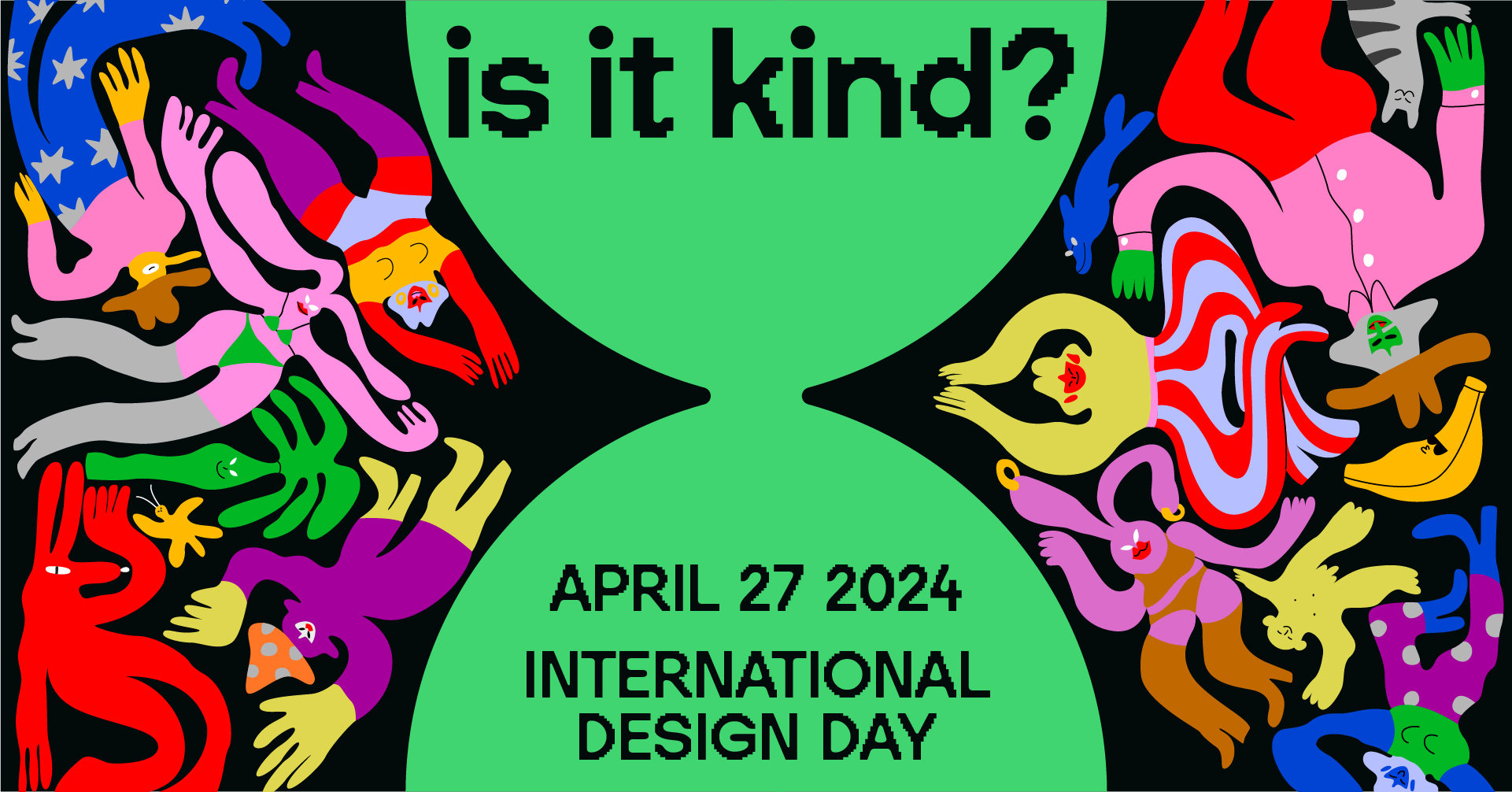new launch: professional code of conduct for designers

06.08.2020 ICoD news
Achieving professional standing begins with self-awareness and self-definition. Only when the broad community of practitioners adopts a common approach, can wider society be expected to acknowledge the professional status of the discipline. Once these standards are established, the discipline benefits from enhanced respect, status and influence, independence and assigned value. But what form does common cause take and how is a shared ethos of professionalism communicated across countries and cultures? A defining attribute of any profession is an accepted professional code of conduct.
The International Council of Design's Professional Code of Conduct for designers, is presented as an international standard and reference. It is an aspirational document, intended to serve as a touchstone for professional associations crafting their own codes, and to support educational institutions developing curricula. It is a tool for any designer who seeks to adhere to international standards.
Individual design practitioners are not direct Members of the Council. The Council’s Members are organisations and institutions that represent designers, educate designers and promote design. Many national professional bodies have their own codes. These codes provide a more granular, local and context-specific framework for the designers in those regions and we strongly recommend for designers to make themselves aware of these national codes.
The newly upgraded document has many new features including a Lexicon of terms and detailed explanations of concepts relating to design, new technologies, intellectual property and professional practice. The new Code firmly positions design as a profession, focusing on ethical issues and the overarching responsibility of designers to humanity.
Download Professional Code of Conduct for designers.
The process by which the Professional Code of Conduct was achieved involved an article review committee working on it in 2017-2019 term, followed by further review by Member at the Platform Meeting in Vancouver 2019. Since then, from 2019-2021, a Policy review committee has continued this process, responding to feedback from discipline specific experts. Credits are owed to contributors: Tyra von Zweigbergk, Daniela Piscitelli, Johnathon Strebly, Rebecca Blake, David Grossman, Ana Masut and special thanks to Bradley Schott.
LINKS
Professional Code of Conduct
ico-D Best Practice Papers resource page

relatedarticles

meet the 2024–2026 executive board

international design day 2024: is it kind? recap

LDA forum + international design day 2024 conference

is it kind? ICoD announces international design day 2024 theme
